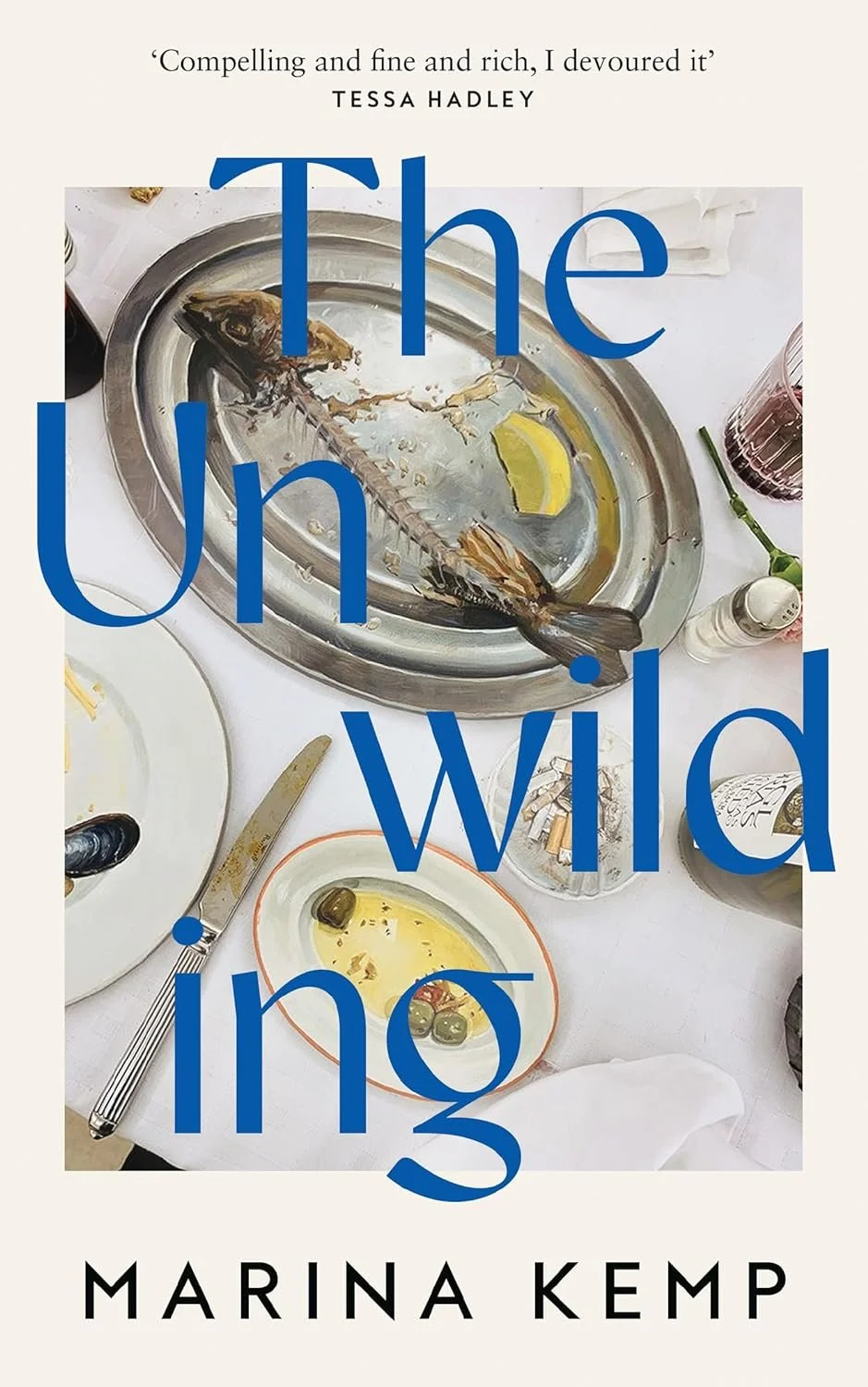The Unwilding, Marina Kemp
The Unwilding by Marina Kemp is a dream of a read. Telling the story of a famed author’s family, and his young, protege writer who is slightly more interested in them than she should be. It’s a book that spans Sicily, London, and Appalachia over decades. Slightly reminiscent of Brideshead Revisited, Saltburn, The Little Stranger (the list goes on), it takes the idea of an outsider looking into a slightly unlikeable, very wealthy family in a huge, gorgeous house, but manages to avoid seeming tired of that trope at all. Kemp’s writing is nuanced and full of depth, delving into family ties, grief, and the ways in which the past can inform the present.
The book switches between two perspectives; there’s Nemony, the youngest daughter of celebrated writer Don Travers who, as a child, watched from the outside as her older siblings begin to navigate adult life over the course of one summer in Sicily and, later, as an adult, grapples with grief and the damage caused by her father. And then there’s Zoe, a young writer invited to Sicily by Don that same summer, intrigued by his wife and children.
Kemp is a fantastic writer. Her words encapsulate that pivotal summer in Sicily but, more crucially, she brings to life every fragment of her characters’ beings. Zoe begins her journey as a young writer, in awe of her superiors and unsure of her own identity. She’s an incredibly relatable character, and some of the scenes around the dinner table in Sicily are enough to make you wince in sympathy. Her move then, from young protégé to experienced, jaded writer, scorning the famed Don Travers, in an interesting one – I don’t want to give any spoilers, but it’s a great switch.
But it’s Nemony who truly shines here. Her childish perspective on things, especially her siblings, is striking –even more so when you read her later as an adult, dealing with grief and motherhood simultaneously, whilst looking back at the loss of her family as she used to know it. And that writing on grief is wonderful, refusing to shy away from the complexity of missing somebody that wouldn’t know you as you are now, and unpacking each and every aspect of that feeling. Kemp’s musings on siblinghood and what really ties us together are beautiful, and something not to be missed.
Editorial Picks




